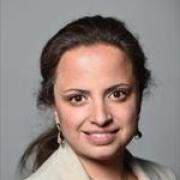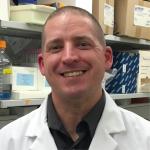The intellectual exchange between human genetics and biomedical science has produced some of the most important and fruitful scientific discoveries of the past 50 years. The advances in human genetics and genomics made possible by the Human Genome Project and its aftermath have revolutionized the way scientific investigation is carried out in the areas of human disease and its animal models. In addition, the elucidation of the genetic contribution to literally thousands of human diseases has provided innumerable fundamental insights into normal biological function.
Many laboratories at UCSF use genetic approaches to untangle problems as diverse as infertility, cancer, adverse drug reactions, asthma, autism, birth defects, neurological diseases, obesity, diabetes and many others. Our faculty are leaders in the development of cutting-edge genome technologies including microarrays, comparative genome hybridization (CGH), whole-genome sequencing, population genetics, genetic epidemiology and computational genomics. They also use model organisms to discover and explore fundamental pathways that can lead to human disease.
All entering BMS Students take a core Genetics course (BMS 255) and can opt to take a seminar course BMS270 entitled “Disease Discovery through the Lens of Genetics” offered every other spring. Through the UCSF Institute for Human Genetics, students can interact with numerous genetic-oriented faculty and attend monthly genetic and genomic technology seminars.











